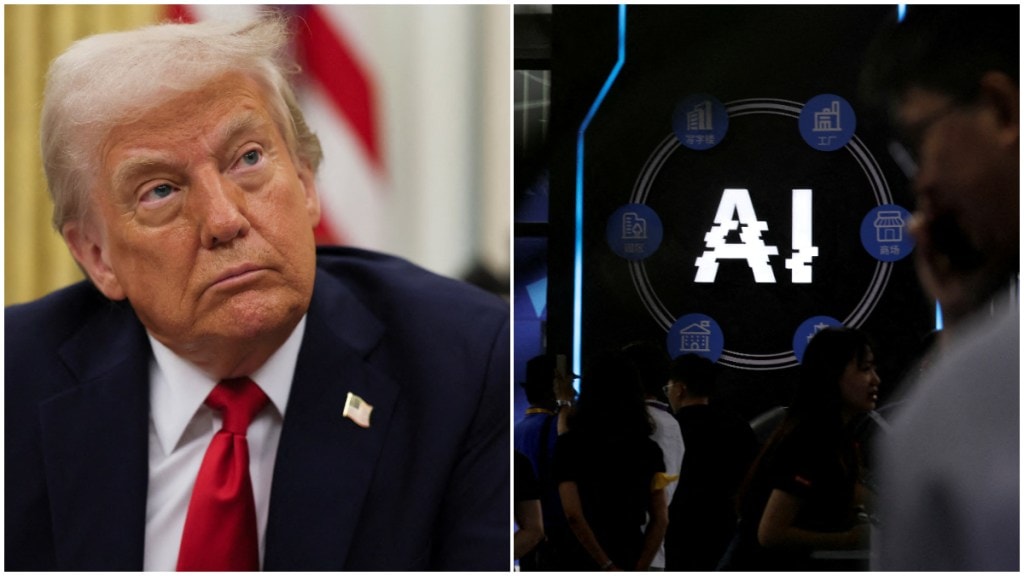New York has become a major player in the growing debate over how AI should be regulated, and the recent case in point is the drama surrounding the RAISE ACT. Let’s first get some context.
LTF targets Alex Bores over RAISE Act
According to a CNBC report, a bipartisan super PAC called Leading the Future has announced that it will target Alex Bores, a Democratic congressional candidate who has been actively supporting AI safety rules in New York. He has been promoting the RAISE ACT (Responsible AI Safety and Education), a bill that would make large AI companies publish their safety and risk plans and report any serious safety failures.
The group supports the Trump and his administration’s view that federal laws should override state AI rules, which would limit the power of states like California and New York to set tougher standards. Bores has said that the group’s attack shows that some in the tech world do not want any kind of regulation.
What is the RAISE Act and why is Trump against it?
The RAISE Act is a bipartisan New York state bill introduced in 2025 to set basic rules for powerful AI systems. It was approved by both houses of the state Legislature in June 2025 and is now waiting for Governor Kathy Hochul to decide whether to sign it.
If it becomes law, it would apply to major AI companies, the kind that spend more than $100 million to train cutting-edge models, such as Google, OpenAI or Anthropic. The bill would require these companies to report any serious safety problems linked to their systems. If they fail to follow the rules, they could face penalties as high as $30 million, as per CNBC.
The goal of the RAISE Act is to fill the gaps left by voluntary promises from tech firms. It tries to build safety measures without slowing down new developments. The bill takes inspiration from California’s earlier SB 1047 proposal, but adjusts it for New York by focusing more on openness and oversight rather than strict bans.
Now, Leading the Future says it will fight against policies that slow innovation, help China take the lead in AI, or make it harder to bring AI tools to the public, and will also oppose politicians who support such policies. It is supported by several well-known tech figures, including OpenAI President Greg Brockman, Palantir co-founder Joe Lonsdale, venture firm Andreessen Horowitz and AI startup Perplexity.
As an assemblyman, Bores helped sponsor the RAISE Act. He has said he believes strongly in the potential of AI and respects the industry’s vision for the future, but warns that the same technology that could cure diseases could also be misused, such as to create biological weapons. He argues that the risks need to be managed responsibly.
The pushback
LTF’s leaders, Zac Moffatt and Josh Vlasto, said they plan to spend millions of dollars to block Bores’ run for Congress. They argued that Bores is supporting a type of law driven by politics rather than practical needs, and that his approach would limit the country’s ability to stay ahead in AI.
They also said the RAISE Act shows how confusing and poorly designed state rules could slow down the U.S. and give China an advantage in the global AI race.
Moffatt has worked in digital and political strategy for more than 20 years, while Vlasto previously served as press secretary to Senator Chuck Schumer and chief of staff to former New York Governor Andrew Cuomo.
After LTF’s announcement, Bores used the moment to raise funds, encouraging supporters to donate if they don’t want major Trump-aligned donors shaping tech policy.
Bores has argued that if tech donors are worried about someone who understands the field helping set the rules, it reveals more about their own concerns than about him.

